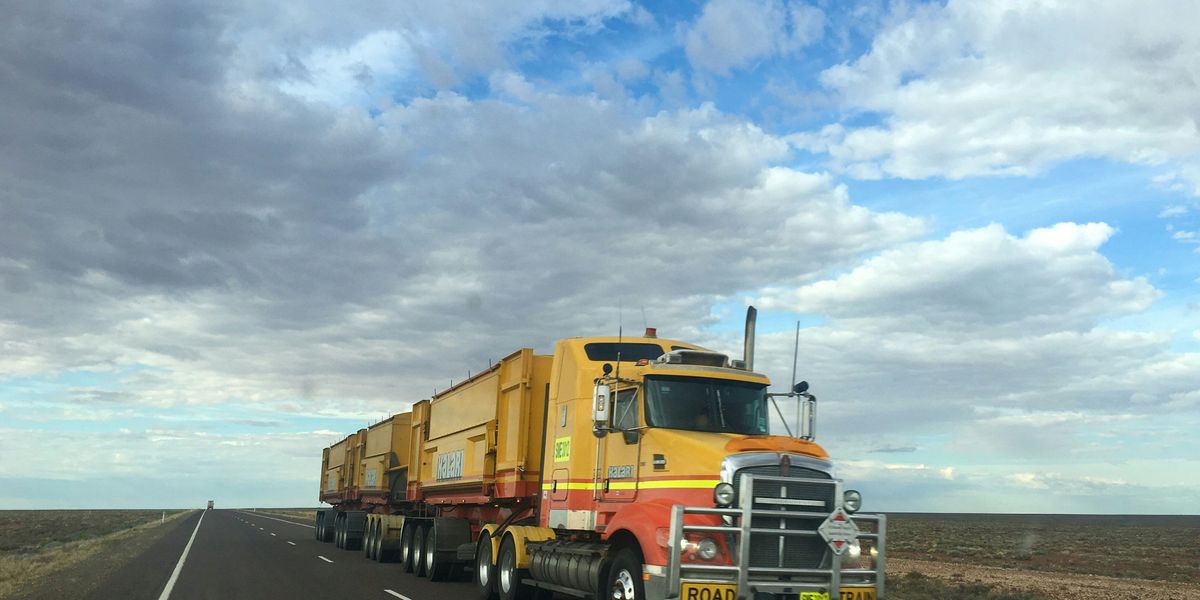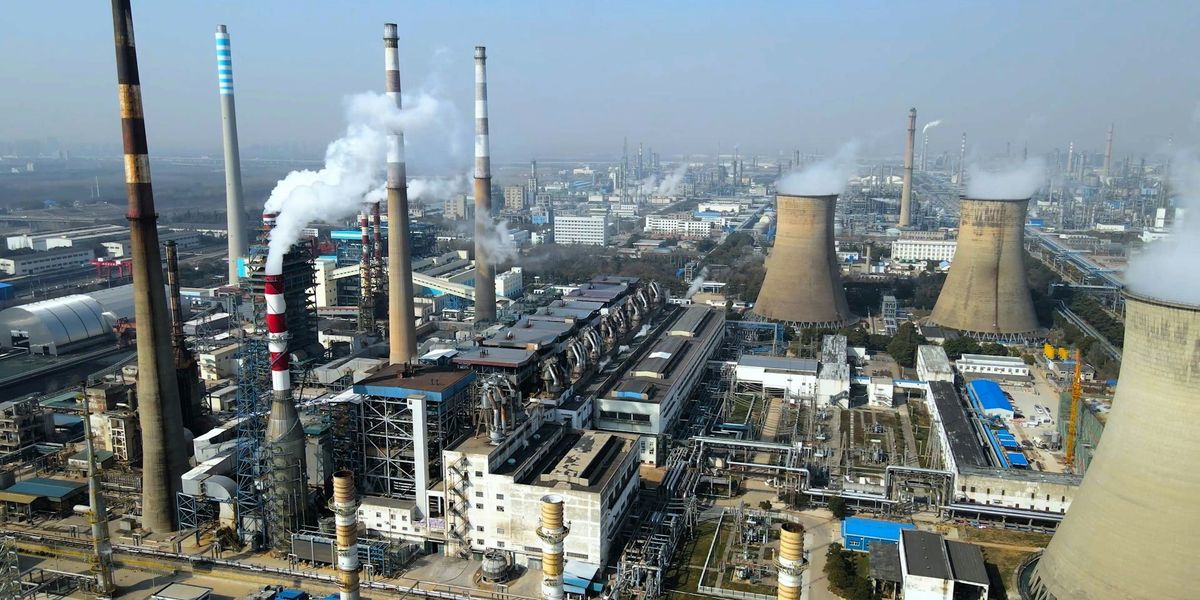winter
Climate change drives severe winter flooding in the UK
A study confirms that climate change significantly worsened the UK's wettest winter, impacting farmers severely and reducing crop yields.
In short:
- The UK experienced its second wettest October to March period on record, with extreme rainfall linked to climate change.
- Farmers like Colin Chappell in Lincolnshire report drastically reduced crop yields due to flooded fields, threatening their livelihoods.
- Climate models show that such wet winters, previously rare, are now expected every 20 years due to global warming.
Key quote:
“Until the world reduces emissions to net zero, the climate will continue to warm, and rainfall in the UK and Ireland will continue to get heavier.”
— Sarah Kew, researcher at the Royal Netherlands Meteorological Institute
Why this matters:
The increased frequency of extreme weather events poses significant challenges for agriculture, impacting food production and farm viability. Farmers across the UK have reported substantial losses, with fields transformed into quagmires, making planting and harvesting nearly impossible. The reduced crop yields affect the agricultural economy, but also have broader implications for food security and prices, potentially hitting consumers' pockets.
Be sure to read EHN’s related coverage:
Winter storms linked to increased domestic violence, study finds
A devastating winter storm in Texas heightens the risk of domestic violence, trapping victims with their abusers and limiting access to help, reports
In short:
- Research indicates that natural disasters exacerbate intimate partner violence, as victims find it harder to seek support.
- Disasters like wildfires and hurricanes, fueled by climate change, could make these situations more common.
- Federal disaster response lacks preparation for addressing intimate partner violence during emergencies.
Key quote:
“The level of toxicity and abuse was condensed. The accusations or outbursts of anger that would have taken three weeks were condensed to five days.’’
— Michelle J. Abdelnoor
Why this matters:
Natural disasters can create significant emotional distress and anxiety. The loss of homes, livelihoods, and loved ones can heighten tensions within households. For individuals with a predisposition toward violence, these stressors may lead to an increase in abusive behaviors as a misplaced outlet for their frustration and fear.
Ecoanxiety. Ecoparalysis. Solastalgia. Call it what you want— when it comes to climate change and mental health, the future is now.
Warm winter leads to a significant decrease in road salt usage in Michigan
Michigan experiences a reduction in road salt application, benefiting budgets and the environment.
In short:
- Michigan's mild winter resulted in a 37% drop in road salt usage on state highways.
- This decrease may save the state approximately $10 million and mitigate environmental impacts.
- Experts suggest that warmer winters could reduce the future need for road salting.
Key quote:
"We’ve been trying to make a conscious effort to reduce our salt use."
— Tim Croze, statewide maintenance and operations manager for the Michigan Department of Transportation
Why this matters:
Runoff containing road salt can infiltrate freshwater systems, leading to elevated salinity levels in lakes, rivers and groundwater. This increase in salinity can disrupt aquatic ecosystems, harming or even killing plants and wildlife adapted to freshwater environments.
Midwest experiences winter warmth disrupting life and economy
Unprecedented warm winter disrupts traditions and economies across the Midwest as ice vanishes from the Great Lakes.
In short:
- This year's Great Lakes ice cover is at a potential record low of around 4% compared to the historical average of 40%.
- The warm winter has caused the cancellation of major events like the Wayzata Chilly Open and altered the American Birkebeiner ski race.
- The absence of ice and snow is affecting local economies, mental health, farming moisture reserves, and Indigenous community traditions.
Key quote:
“Last year, we had record amounts of snow and this year we’re at record low snow. So it’s a pretty stark contrast. There’s barely any snow on the ground. It’s unseasonably warm.”
— Natalie Chin, climate and tourism outreach specialist at the Wisconsin Sea Grant program
Why this matters:
Climate change is altering traditional lifestyles. This situation exemplifies the broader, tangible impacts of warming temperatures on local communities and economies.
Feeling anxious about climate change? Experts say you're not alone.
Winter strains on electric grids match summer challenges
In a shift from past trends, electric grids now face significant strain during winter months, matching the challenges traditionally seen in summer.
In short:
- Electric grids, initially designed for peak summer demand, are increasingly strained by winter usage due to growing electricity needs and aging infrastructure.
- The North American Electric Reliability Corporation predicts winter electricity demand may surpass summer usage by 2050, with current trends showing a rapid increase in winter demand.
- Challenges include inefficient electric heat pumps in extreme cold, reduced power imports from Canada, and the need for grid upgrades to accommodate changing demand patterns.
Key quote:
"We’re seeing both summer and winter peaks growing, but we’re seeing winter peaks growing faster."
— Jim Robb, chief executive of the North American Electric Reliability Corporation.
Why this matters:
This evolving trend in electricity usage underscores the need for grid modernization and adaptation, especially as it impacts health and safety during extreme weather. It also highlights the broader challenge of transitioning to sustainable energy sources while maintaining reliable power supply.
More people on the planet have access to electricity than ever before, however, the world is on pace to fall short on the goal of affordable and sustainable energy for all by 2030.
Denise Balkissoon: Why are fests like Winterlude still turning to fossil fuel sponsors?
Ottawa’s second Winterlude without the Rideau Canal Skateway is its 27th sponsored by Enbridge Gas. Festivals from B.C. to Quebec accept money from fossil fuel companies whose products imperil winter itself.
Extreme cold snaps could get worse as climate warms
Climate instability could be distorting the polar vortex, causing cold air outbreaks.



















